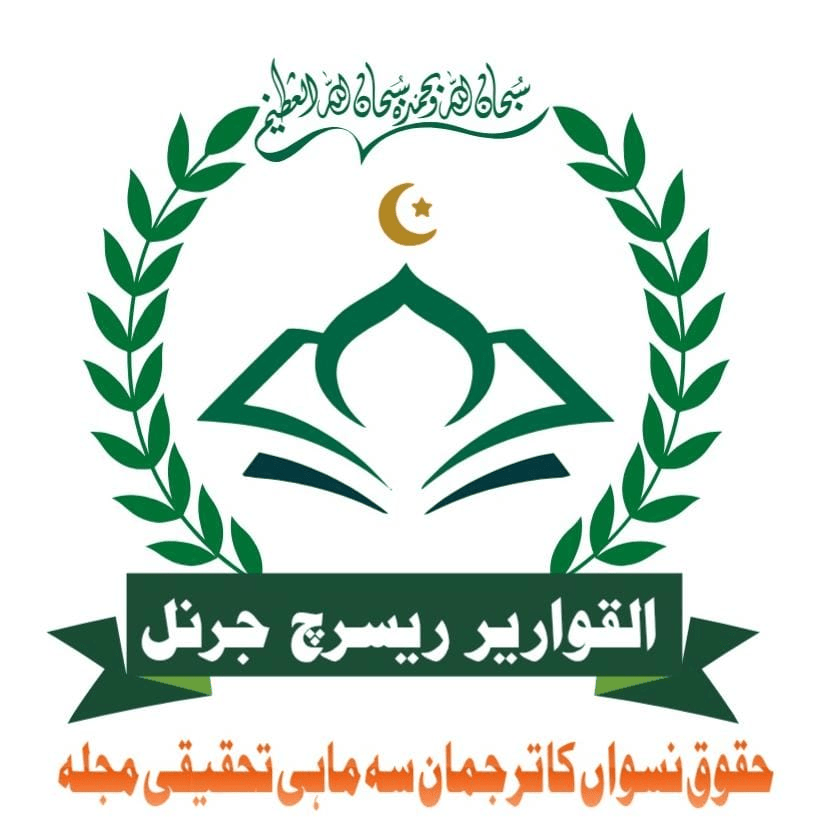Rediscovering the Liberated Woman: An Exploration of Women's Rights in Islam
DOI:
https://doi.org/10.1000/cj2zdz90Keywords:
Women's Rights, Islamic teachings, Gender Equality, Education, Empowerment, Social JusticeAbstract
Women’s rights in Islam remain widely debated, often distorted by cultural biases and patriarchal misrepresentations. While Islam originally emerged as a revolutionary force for gender equity, it is frequently perceived as inherently patriarchal. This article explores the Islamic framework on women’s rights through a critical, qualitative lens, aiming to dispel myths and align Islamic teachings with international discourses on gender equality. Focusing on foundational rights-marriage, divorce, inheritance, education, and social status—it highlights how Islam granted women unprecedented rights at a time when they were largely oppressed elsewhere. It also examines the intersection of gender with ethnicity and socio-economic status, illustrating how these dimensions shape women’s experiences across Muslim societies. This article underscores Islam’s commitment to women’s dignity and empowerment through education and authentic reinterpretation of texts, promoting dialogue to align Islamic principles with contemporary gender discourse.
Downloads
Downloads
Published
Issue
Section
License

This work is licensed under a Creative Commons Attribution-NonCommercial-NoDerivatives 4.0 International License.




